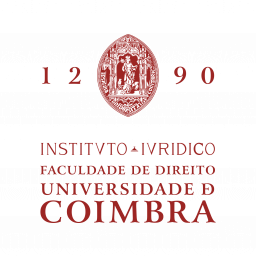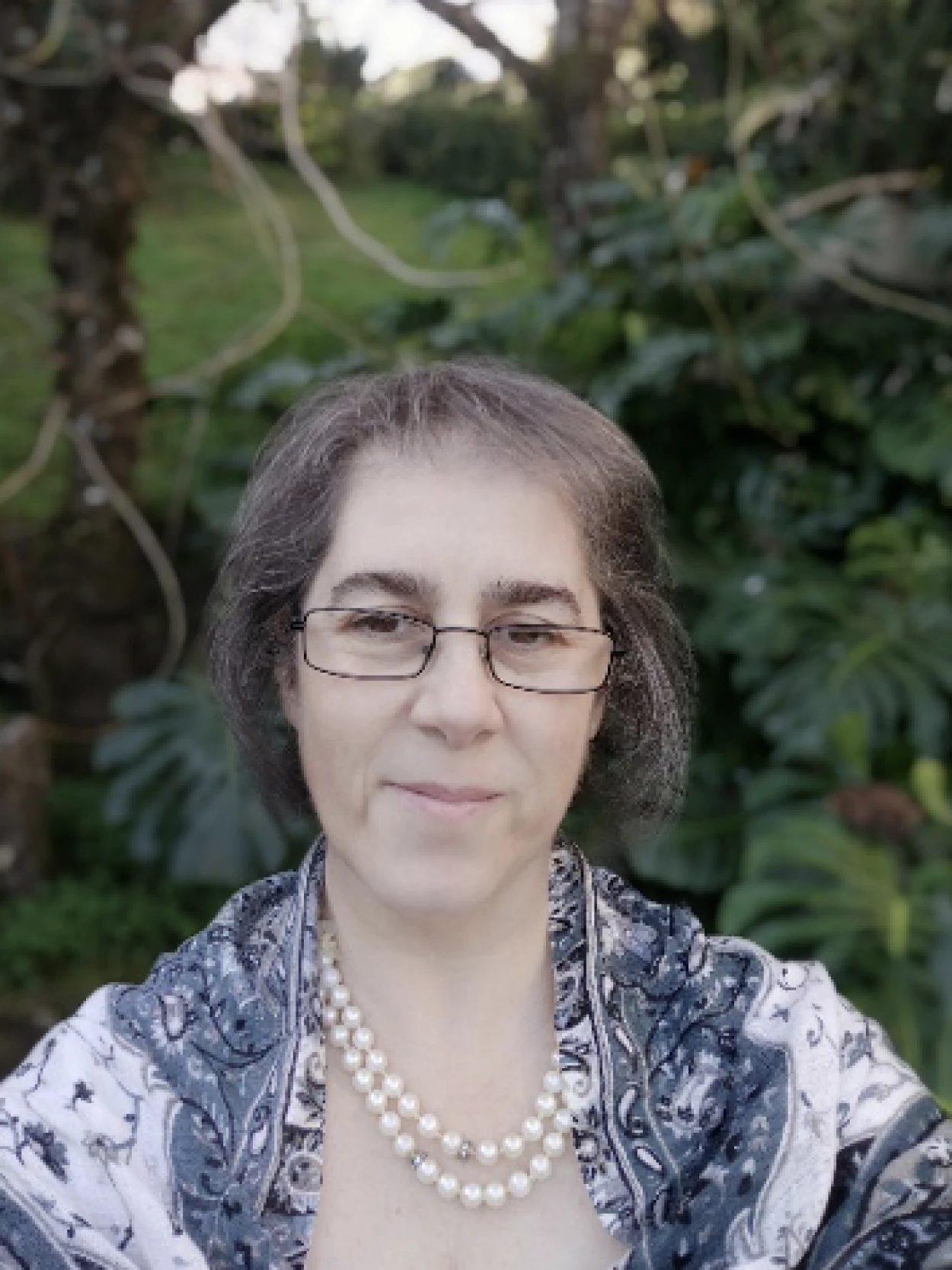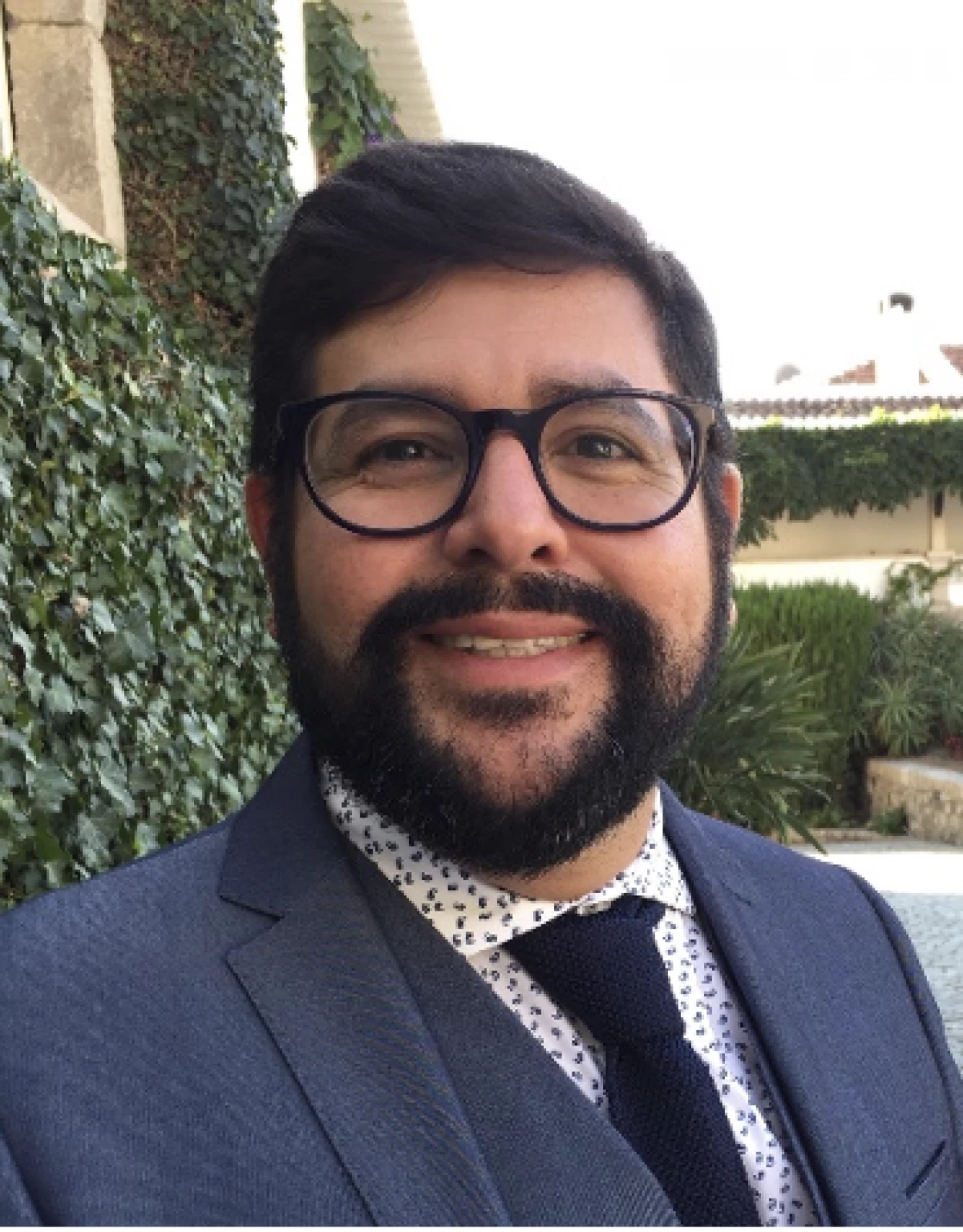About
CONCEPT
Responsible research and innovation is a central concept in scientific research policy in the European Union[1], which corresponds to the idea of doing science with and for society through individual or collective research oriented towards the sustainable development goals. Since 2015, the European Commission has developed a set of indicators for the identification, promotion and monitoring of responsible research and innovation[2].
Academic institutions can no longer afford to support R&I whose results are not passed on to decision makers, are not transferred to the production system[3] and are not proven to be beneficial for society. University research ecosystems must assign their scarce resources (human, financial, material and time - perhaps the scarcest resource of all), for future oriented research and innovation in order to achieve cutting edge results in the challenging times we are living.
_____
[1] European Commission, Responsible Research and Innovation. Europe’s ability to respond to societal challenges (available at https://ec.europa.eu/research/swafs/pdf/pub_rri/KI0214595ENC.pdf).
[2]Indicators for promoting and monitoring Responsible Research and Innovation Report from the Expert Group on Policy Indicators for Responsible Research and Innovation, Brussels, 2015 ( available at https://op.europa.eu/en/publication-detail/-/publication/306a7ab4-f3cb-46cb-b675-9697caf5df19/language-en ).
[3] This “production system” is understood in a broad sense, to include the “production” of law, the administration and the justice system.
OBJECTIVES
Objectives
Scientific research and innovation are now more than ever fundamental for human development[1]. As well as other human activities, legal R&I must respond to the challenges of the Anthropocene[2]. Universities, NGOs, businesses, decision making bodies, as well as other public and private institutions are developing research that is relevant for their missions and goals.
Yet, academic institutions have a higher level of responsibility for guiding their research and innovation aimed at the sustainable development goals[3]. The University research ecosystems support advanced research[4] and trigger innovation[5]. At the EU level, the Union has put together organizational[6] and financial resources[7] to support responsible research[8] and innovation[9].
The foremost purpose of the current project on RLRI is to develop guidelines for future legal research and legal innovation that corresponds to the European vision on ethics, societal engagement, gender equality, open access and science education. The focus of the project is the process dimension. The purpose is to develop methodological guidelines for developing legal research and legal innovation that proves to be “responsible”, reflecting diversity & inclusiveness, anticipation & reflexivity, openness & transparency, and responsiveness & adaptation[10]. Additionally, the purpose is also to gather materials on concepts, good practices and examples of display state of the art legal research or ground-breaking legal innovation on burning or fracturing legal issues and ethical dilemmas.
_____
[1] OCDE (2021), OECD Science, Technology and Innovation Outlook 2021: Times of Crisis and Opportunity, Publicações OCDE, Paris, (disponível em https://doi.org/10.1787/75f79015-en ).
[2] Birrell, K., Matthews, D. Laws for the Anthropocene: Orientations, Encounters, Imaginaries. Law Critique 31, 233–238 (2020) (disponível em https://doi.org/10.1007/s10978-020-09282-8 ).
[3] Resolução aprovada em 2015 pela Assembleia-Geral das Nações Unidas, em Nova Iorque (disponível em https://www.un.org/en/development/desa/population/migration/generalassembly/docs/globalcompact/A_RES_70_1_E.pdf ).
[4] Tomando a Universidade de Coimbra como exemplo, o Instituto de Investigação Interdisciplinar tem como missão apoiar a investigação interdisciplinar dentro da UC (mais informação disponível em https://www.uc.pt/research/ferramentas ).
[5] De novo considerando o exemplo da Universidade de Coimbra, a iniciativa “Inovação@UC” (disponível em https://inova.uc.pt/ ) reúne investigadores e empresas com o objetivo de identificar inovação, criar redes e encontrar oportunidades de financiamento.
[6] O Centro Comum de Investigação fornece evidência científica independente para suportar as políticas da União (mais informação disponível em https://ec.europa.eu/info/departments/joint-research-centre_pt ).
[7] O Horizonte Europeia é o principal programa de financiamento da UE para investigação e inovação, com um orçamento de 95,51 mil milhões de euros (mais informações em https://ec.europa.eu/info/funding-tenders/find-funding/eu-funding-programmes/horizon-europe_pt#informaes-sobre-o-programa ).
[8] Comunicação da Comissão ao Parlamento Europeu, ao Conselho, ao Comité Económico e Social Europeu e ao Comité das Regiões – “Um novo EEI para a Investigação e a Inovação” (COM(2020) 628 final, Bruxelas, 30.9.2020 (disponível em https://eur-lex.europa.eu/legal-content/PT/TXT/PDF/?uri=CELEX:52020DC0628&from=EN ).
[9]Proposta de Recomendação do Conselho sobre um Pacto para a Investigação e Inovação na Europa COM(2021) 407 final, Bruxelas, 16.7.2021 (disponível em: https://op.europa.eu/en/publication-detail/-/publication/b0f28404-e614-11eb-a1a5-01aa75ed71a1/language-pt ).
[10] RRI-Practice (projeto trianual realizado no quadro do programa Horizonte 2020, disponível em https://www.rri-practice.eu/about-rri-practice/what-is-rri/ ).
Team
Alexandra Aragão
Professor of Environmental Law at the Faculty of Law of the University of Coimbra
Researcher at the University of Coimbra Institute for Legal Research (UCILeR) , CEDOUA, OSIRIS from CES, CECOLAB and Member of several national and international NGOs
Researcher in Environmental Law and ecological sustainability
Why RLRI?
"Because life is too short, the climate crisis is too serious, ecological unsustainability is too widespread for us to be able to afford to do legal research that is not innovative, responsible and transformative."
Júlio Moreira
Doctoral student in Public Law at the Faculty of Law of the University of Coimbra, with research in the field of Environmental Law
Collaborator researcher at the University of Coimbra Institute for Legal Research (UCILeR)
Why RLRI?
To face societal challenges,
To face the climate and environmental crisis,
To promote ecological transformations, Legal research and innovation must be responsible!
Maria João Paixão
Invited Assistant at the Faculty of Law of the University of Coimbra
Doctoral student in Public Law at the Faculty of Law of the University of Coimbra, with research in the area of Environmental Law
Collaborator researcher at the University of Coimbra Institute for Legal Research (UCILeR)
Why RLRI?
Because unprecedented challenges demand cutting-edge solutions; and because times of emergency do not sympathize with frivolous actions… Legal research cannot pay a merchant's ear to the noisy thunder of the climate-environmental and social crisis.





